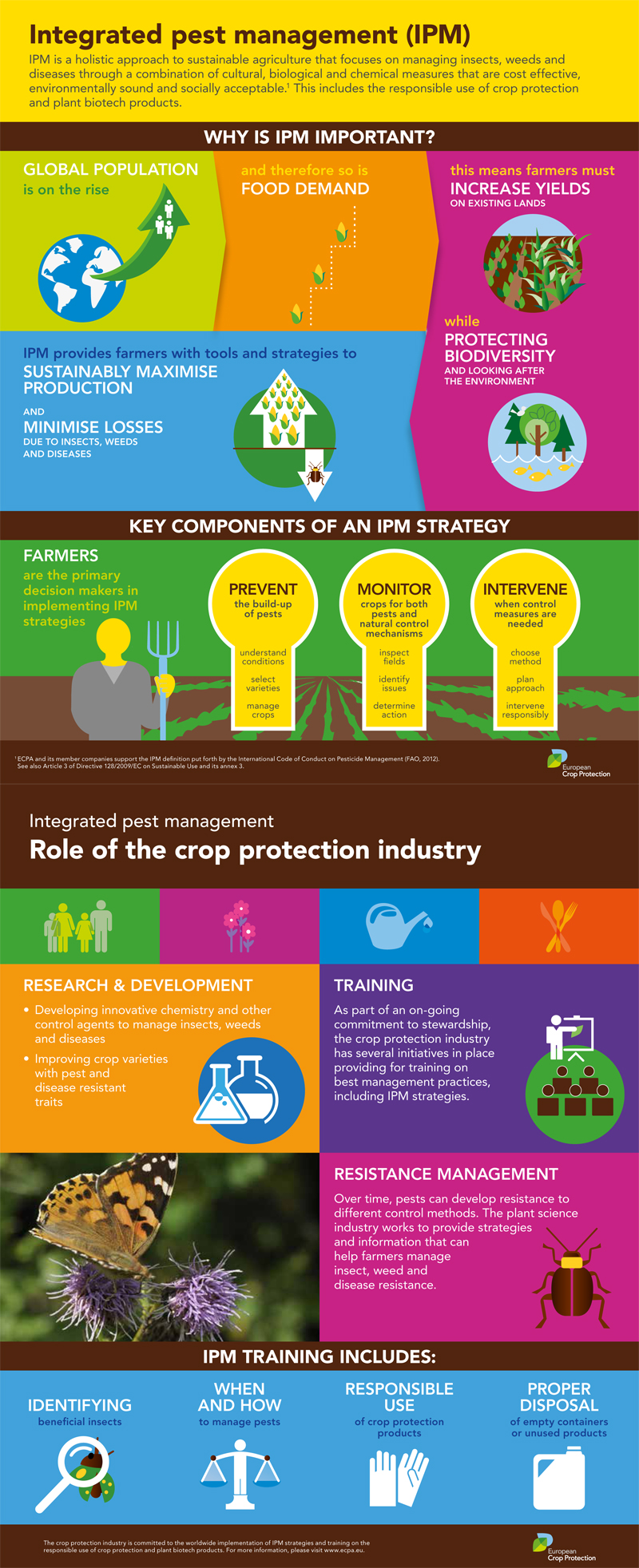Handling Rodent Infestations: Insights Into Rodent Psychology
Handling Rodent Infestations: Insights Into Rodent Psychology
Blog Article
Produced By-McDonough Krag
When it comes to rodent control, understanding common rodent actions is vital to efficiently handling infestations. Did you understand that rats have some interesting nesting behaviors that might shock you? By discovering their elaborate actions, you can gain useful insights right into just how to deal with rodent problems in a more tactical and effective manner. So, allow's untangle the secrets behind these creatures' actions and discover exactly how to outmaneuver them in your rodent control initiatives.
Rodent Nesting Habits
When observing rodents in their all-natural habitat, you'll see that they actively choose materials to construct their nests. Rats, such as mice and rats, are clever animals that use a range of items like twigs, leaves, paper, and textile to develop their homes. They're careful in their nest-building procedure, commonly lining their nests with softer materials like fur or plumes to develop a relaxing environment.
simply click the up coming internet page prefer to build their nests in hidden and safe and secure areas to secure themselves and their young from killers. Common nesting areas consist of wall dental caries, attics, cellars, and even within insulation products. By creating their nests in these private areas, rats can safely raise their children far from prospective dangers.
It is necessary to recognize the nesting behaviors of rodents when carrying out control measures. By disrupting their nests or eliminating materials, you can inhibit rodents from developing a presence in your house or home. Appropriate cleanliness and sealing off entry points are additionally important action in protecting against rodent problems.
Rodent Feeding Patterns
After observing rats' nesting behaviors, it ends up being noticeable that their feeding patterns play a vital function in their lives and behaviors. Rats, consisting of computer mice and rats, are opportunistic feeders, suggesting they'll take in whatever food source is easily available. They're largely nocturnal animals, liking to forage for food during the cover of night to avoid predators.
https://docs.google.com/spreadsheets/d/1Ei7EpTzPTrKISp6beef-axLqXnqritAIr6DHuBHq3IY/edit#gid=1703070151 have a varied diet plan, ranging from grains, seeds, fruits, and vegetables to insects, nuts, and also tiny animals. This adaptability in their food selections allows them to flourish in different atmospheres, consisting of city areas where human food resources are abundant.
Their feeding patterns aren't just driven by hunger yet additionally by the demand to accumulate food for times of deficiency. This behavior is particularly noticeable to prepare for cold weather or when nesting. Rodents are recognized to hoard food in their nests or burrows, ensuring a continuous food supply. Comprehending their feeding patterns is vital in implementing reliable rodent control measures to disrupt their food resources and stop invasions.
Rodent Activity and Travel
Rats browse their environments with dexterity and stealth, utilizing their keen senses to relocate promptly via their atmospheres. These animals are adept climbers, able to range walls and upright surface areas with ease. They can also squeeze through surprisingly tiny openings, making it essential to seal any kind of possible entry factors in your house.
When it concerns taking a trip, rats have a tendency to adhere to acquainted paths, developing routes along walls or skirting the edges of rooms. They're creatures of habit, typically staying with these developed courses as they forage for food or explore their surroundings.
Rats are known for their nocturnal routines, so you might hear them scurrying around at night as they look for food and water. Their activities fast and erratic, permitting them to dart in and out of sight in the blink of an eye.
Recognizing exactly how rodents move and take a trip can aid you identify prospective infestation locations in your house and take aggressive steps to stop these parasites from getting a foothold.
Conclusion
As you function to regulate rodents in your house, bear in mind that comprehending their behavior is vital. By identifying their nesting habits, feeding patterns, and motion, you can properly protect against problems.
Together, by taking proactive steps to get rid of food sources and seal entry points, you can interrupt their acquainted courses and force them to seek brand-new locations, ultimately lowering the likelihood of rodent presence in your living spaces.
